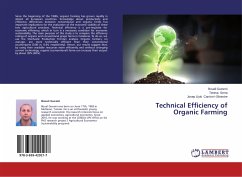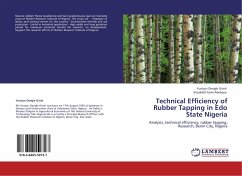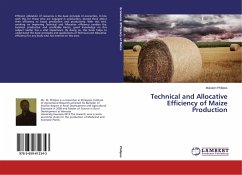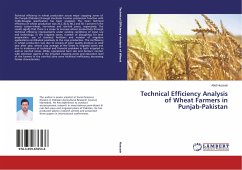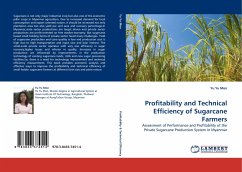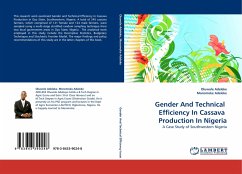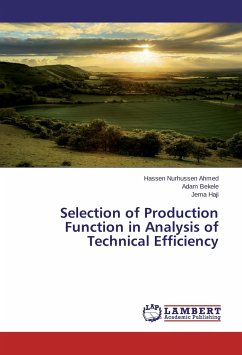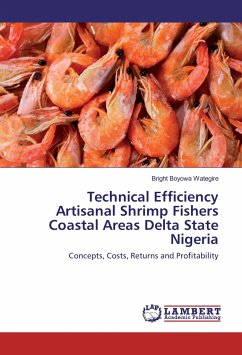Since the beginning of the 1990s, organic farming has grown rapidly in almost all European countries. Knowledge about productivity and efficiency differences between conventional and organic farms has important implications for the evaluation of the economic viability of these two agricultural practices. Technical efficiency is a pre-requisite for economic efficiency, which in turn is a necessary condition for economic sustainability. The main purpose of this study is to compare the efficiency ratings of organic and conventional grape farms in Catalonia. To do so, we use the Stochastic Production Frontier analysis. Organic farmers, on average, are more technically efficient than their conventional counterparts (0.80 vs. 0.64, respectively). Hence, our results suggest that, by using their available resources more efficiently and without changing current technology, organic (conventional) farms can increase their output by about 20% (36%).
Bitte wählen Sie Ihr Anliegen aus.
Rechnungen
Retourenschein anfordern
Bestellstatus
Storno

